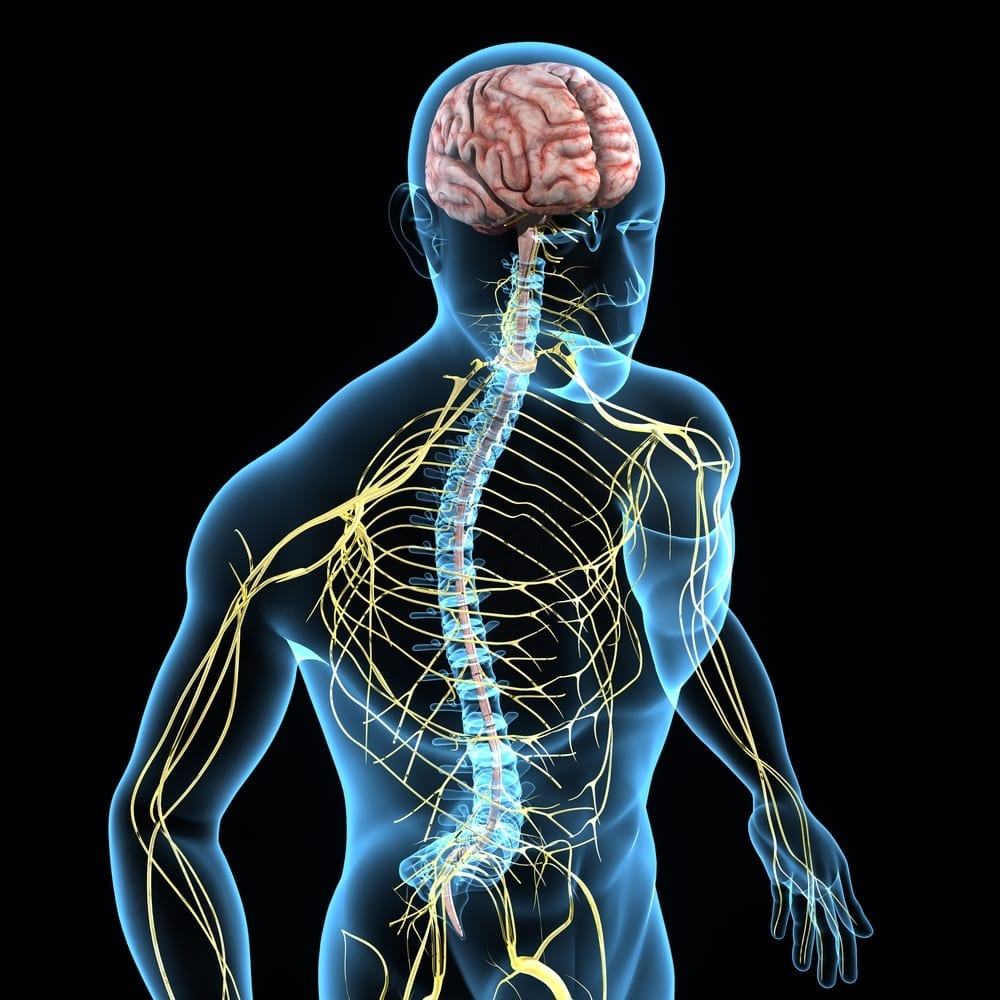Neurological physiotherapy covers several debilitating diseases and disorders that impact the body’s central nervous system, in turn influencing the way the brain receives and sends messages back to affected parts of your body. Common disorders include Parkinson disease, stroke, multiple sclerosis, paraplegia and tetraplegia. This also includes head trauma that can happen at any time, and more recently has become a subject of very high awareness and importance in collision contact sports, such as Rugby.
Patients suffering from a neurological disorder can find themselves struggling with everyday tasks resulting from loss of balance, movement or sensation in the body, or uncoordinated movement, weak and floppy muscles as well as uncontrolled spasms and tremors.
How Physiotherapy Helps
Physiotherapy in a neurological patient aims to kick start the message pathways that the brain is struggling to use, and through repetition of set actions and exercises aims to “relearn” and make “new pathways” from the affected part of the body back to the brain.
There may be several different techniques that can be used during a physiotherapy programme, including passive limb exercises, positioning / splinting affected limbs, bed exercises, breathing and circulation exercises through to mobilisation and manual therapy. Exercises outside of physiotherapy sessions will also be very important, but this will always be guided and monitored in conjunction with your physiotherapist.
What to expect at your appointment and follow on treatment
- Firstly, we will come to you and treat you in the comfort of your own space. The first session will include a full medical history, assessment of your disease or injury, and importantly a discussion around your expectations and what you want to achieve. We recognise that everyone’s personal goals are different, and it is critical that we establish this up front.
- We will then form a treatment plan with you, which will include a series of exercises to do outside of our physiotherapy sessions. The most successful recovery happens with your commitment to the plan when the physio isn’t there!
Top Tips for managing neurological conditions
- Establishing a clear diagnosis and understanding of the condition is essential for both the patient and close family.
- Do not give up hope: Recovery can be slow, rehabilitation difficult and can make you very tired but results will come with patience, time and repetition.
- Continue with your normal day to day activity as much as possible. Try to engage every day in a few simple and normal tasks. Stimulation is key.
- Engage with your doctor, consultant, specialist nurse and physiotherapist or even groups of people suffering of the same condition. They will all provide you information, support and tips to help you.


